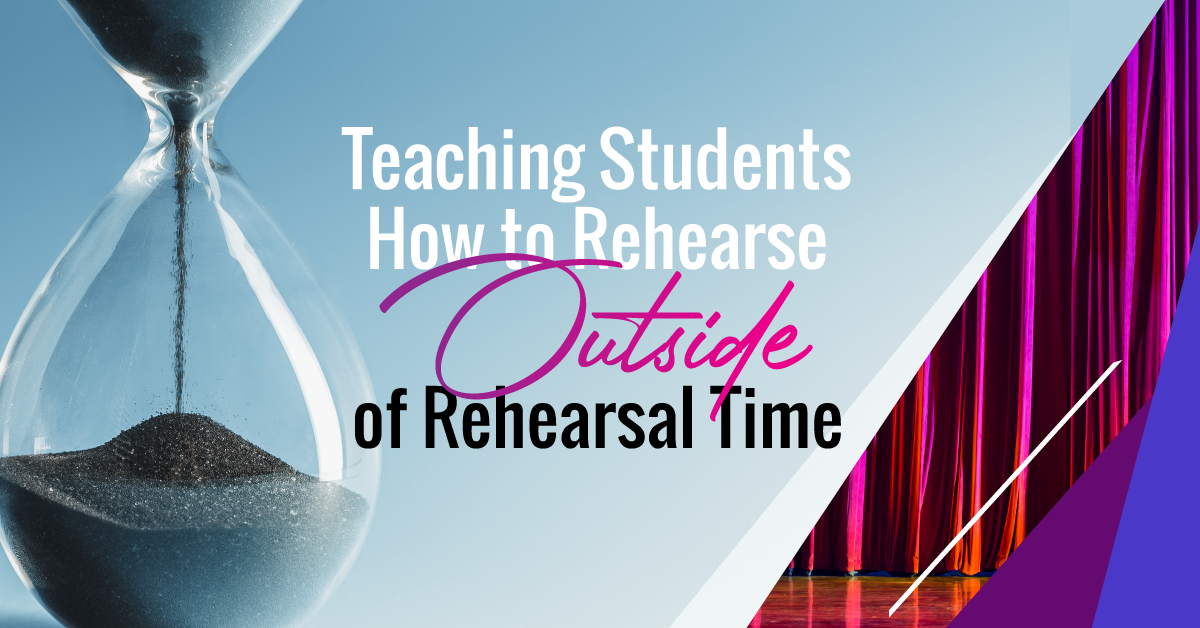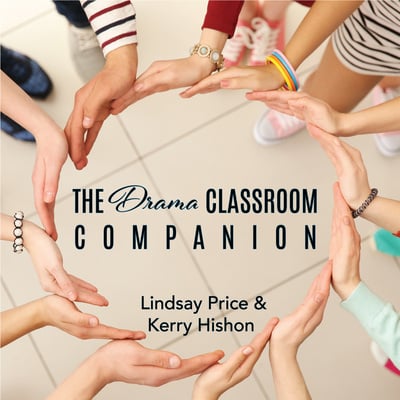What Do You Do When…
The rehearsal process is often exciting and often frustrating. The frustrations are the worst when they have nothing to do with the play itself.
What do you do when…
The cast doesn’t get along
It’s inevitable that arguments will break out in your cast. Life gets in the way and it’s natural for fights to occur.
First off, is this an issue of minor or major proportions? A tiff that will blow over, or a fight that is going to spill over onto the stage? Talk to each party individually. If you talk to them together, you may not get to the truth of the matter. Ask them how they feel about the production — can they put the play above their fight? If not, put the ball in their court. Give them a timeline for change and what will happen if the situation doesn’t change. Then stick to it.
The actors don’t remember their lines
Start working on the problem right away. Find out how those having trouble learn. Do they learn by repetition? Do they learn by writing out their lines? Listening to a recorded version of their lines? Taking the lines out of context? Everyone learns differently, so let them do so in their own manner. Set an early deadline for getting off-book. Use outside exercises to prevent the actors from falling into a lull as they learn. Don’t encourage paraphrasing — the playwright spent a lot of time on those words. Reward those who remember their lines word for word.
The cast doesn’t get along with me
This requires a group talk. No whining. Address the situation, allow everyone to voice their opinion one by one, and then address the future. It could be that the cast is grumpy about the parts they’ve been given, or they don’t like the play, or you direct differently than their previous teacher, or life in general is getting them down. All of the above usually just needs to be aired out in the open to be solved. There’s no need to give out ultimatums about shutting the play down just yet.
The cast won’t listen to me
I hear this one quite a bit from student directors. There is sometimes a sense among the cast that if they are being directed by one of their peers, why should they listen?
This requires a group talk. In the conversation, always bring it back to the play. Is the play important to them? If not, why are they involved? How will they feel if they perform an under-rehearsed play? How would they feel if they worked together? Maybe you’ll find out that you haven’t been clear about what you want for the play, or in how you direct the actors, and there’s a real reason the cast isn’t listening. The door swings both ways, so don’t rule out that you may be the problem.
Air your own grievances, too. Tell the cast how much the play means to you and how upsetting it is that the project isn’t coming together. You might want to walk out or cancel rehearsal. This is for extreme circumstances only. Do not make it a habit.
I don’t like the set design or costumes
Talk to the designer. Reiterate your vision. There has to be a concrete reason why you don’t like it, in direct reference to the play. Make it a conversation, not an accusation. If the designer can concretely express their feelings about their work, you should listen to them. Negotiate, don’t dictate.
Cast members are late for rehearsal
If you’ve clearly stated in your written expectations that lateness will not be tolerated, then you have to deal with the issue right away. Leave it, and everyone will see that you’re not serious about the rules and other problems may creep in.
Have a clear outline for what happens after the first, second, and third late entrance. Do you have a five-minute grace period? Do you allow written notes explaining lateness? Do you have a strict no-lateness policy, where the late actor is not allowed in the rehearsal hall? Know what the consequences are and stick to them.
Cast members are missing rehearsals
Life gets in the way, obligations arise, people are forgetful. But if you have clearly stated in your written expectations that they’ve signed that missing rehearsals is unacceptable, deal with the issue right away.
Have a clear outline for what happens after the first, second, and third missed rehearsal. Do you allow written notes? Do you have a strict no-missed-rehearsal policy? Know what the consequences are and stick to them.
The dress rehearsal is awful
There’s a reason people say, “Bad rehearsal, good opening.” Bad dress rehearsals happen all the time! You can tell right away when the cast knows a run went poorly, so do you need to hammer it home? Sometimes it’s better to not say anything.
Problems are going to occur in every rehearsal process. Clear communication is often the way to solve those problems. Reflect on issues you’ve had in past rehearsals and how you responded to them. What did you do?
Related Articles
The Drama Classroom Companion
by Lindsay Price & Kerry Hishon
The Drama Classroom Companion is filled with articles and exercises to build the skills needed for theatrical performance as well as real world skills like creative thinking, critical thinking, collaboration, and communication.
The Rehearsal Companion
by Kerry Hishon
You’ve chosen the play, paid the royalties, done the script analysis, held your auditions, and cast the show. Tomorrow is the first rehearsal. Are you ready? Really ready? The Rehearsal Companion can help!





